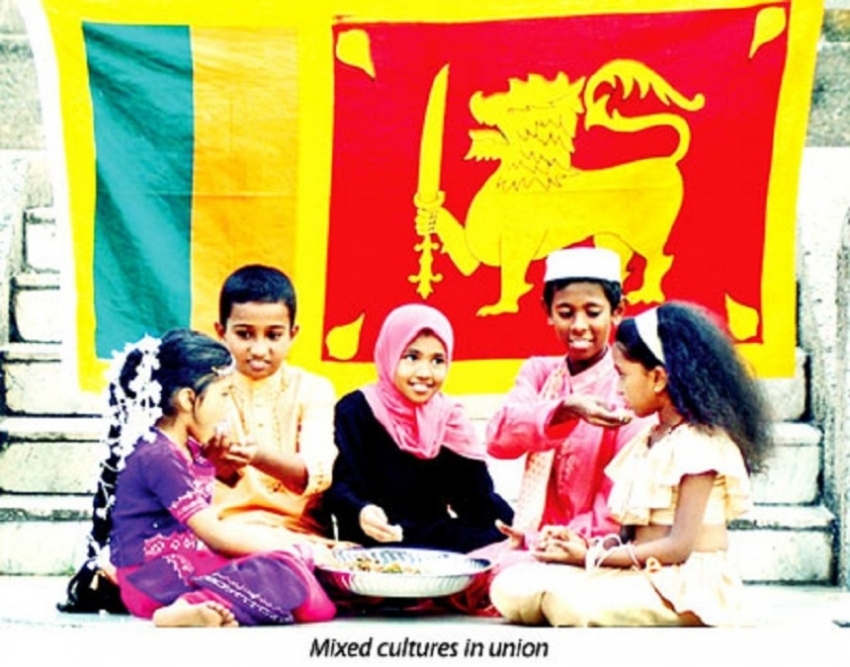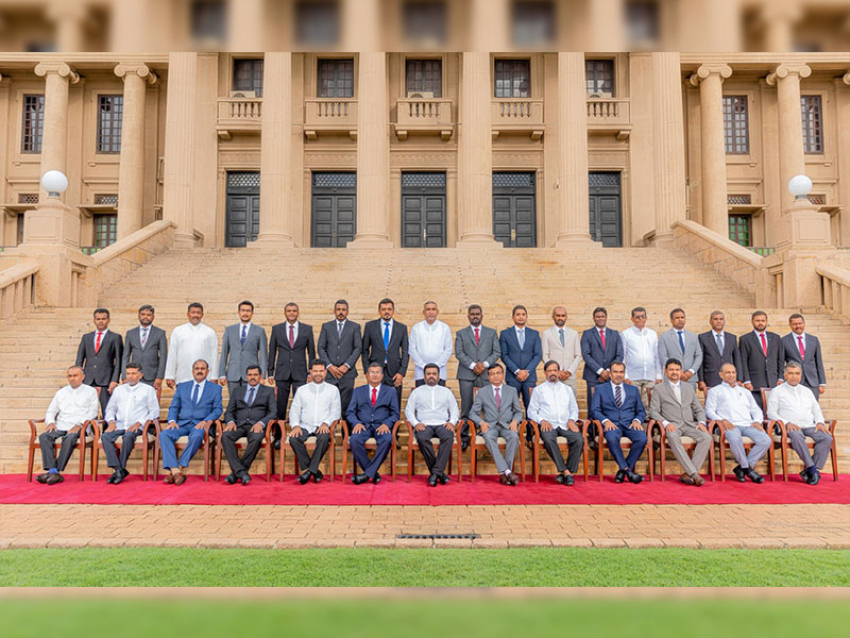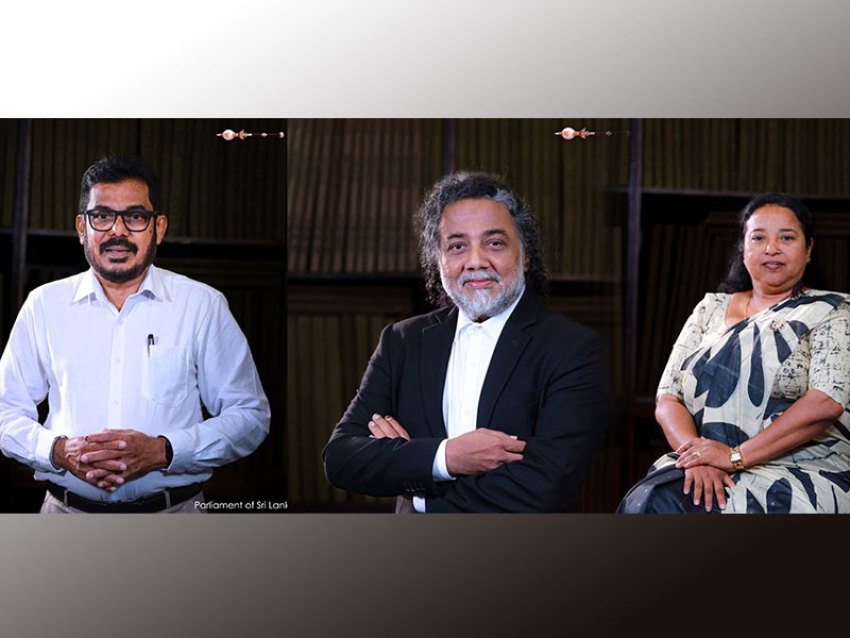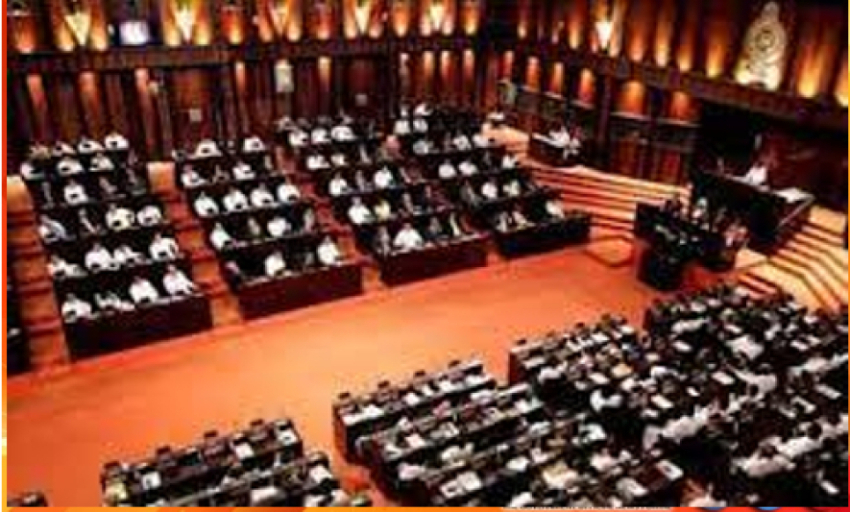To entrust the future of the nation to minds enslaved by imperialism for more than a century is more dangerous than being under the colonial rule itself
– Maithripala Sirisena
Sri Lanka celebrates 71st anniversary of independence with hope and aspirations towards the future, while rejoicing in the achievements and lamenting over the failures and disappointments.
Although some analysts try to belittle the Independence on 4 February 1948 with the theory that ‘it was handed over on a platter’ after India’s success, in their Independence struggle, on 15 August 1947, most of the impartial historians are of the view that the freedom from British colonial yoke was a result of decades-long struggle by the Sri Lankans.
While there were two prominent armed rebellions in 1818 and 1848, the struggle was mostly limited to nonviolent campaigns carried out by the people under the leadership of British-educated patriots.
The Sinhala Buddhist Revival Movement spearheaded by Anagarika Dharmapala received support from the founder of Buddhist Theosophical Schools and the American theosophist Henry Steele Olcott lay solid foundation for the National Independence Struggle.
One of the turning points of the independence movement was the arbitrary arrest of Sri Lankan leaders by the colonial authorities after the 1915 anti-Muslim riots. Many of the leaders charged with treason within days of the riots. These included F.R. Senanayake, D.S. Senanayake, D.B. Jayatilaka, F. R. Dias Bandaranaike, C. Batuvantudawe, John de Silva, Arthur V. Dias, H. Amarasuriya, D. E. Weerasuriya, Reverent G. D. Lanerolle, E. A. P. Wijeyeratne, A. H. E. Molamure, A. E. Goonesinha and Dr. C. A. Hewavitharana, brother of Anagarika Dharmapala.
As the country was placed under martial law, summary judgments were passed on arrested Sinhala civilians and some military personnel. Several were executed swiftly before appeals could be made, this included Captain Henry Pedris who was found guilty of treason and executed by a firing squad. Others such as Edmund Hewavitarana died while in prison.
This resulted in Sinhala and Tamil middle class leaders, who shunned European traditions, finally joining hands with the Western- educated Sinhala and Tamil Leaders making the National Movement a cohesive force.
To give the movement a political form, the Ceylon National Congress was formed in 1919 with Ponnambalam Arunachalam as President of the party. Most of the politically savvy high-profile leaders joined the CNC to lay the groundwork for achieving Independence from the British.
In 1943, D. S. Senanayake resigned from the party, citing differences over the nature of the Independence sought and formed the United National Party to contest elections and became the first Prime Minister of the Independent nation.
Independence was buttressed with indigenous values, in 1956, when S.W.R.D Bandaranaike gave birth to a new era, a new tradition in Sri Lankan politics, making inroads to political reforms to generate political awareness in the minds of rural farmers and the working class. He ensured that the socially deprived masses played a leading role in the political life of the country to make Independence more meaningful to the masses.
Bandaranaike wanted to give the common man what he wanted to improve this social and economic change. He saw the aspirations of the rural and working class masses that suffered under Colonial rule for centuries as well as during the first decade of the post Independence period.
The Bandaranaike Ideology was simply to bring about economic and social change in the Sri Lankan society. Inspired by historical traditions of Sri Lanka he devised a political strategy capable of inspiring the farmers and workers.
Today, President Maithripala Sirisena is making every possible attempt to take the Nation forward in accordance with the ideology of the pioneer leader of his party, the SLFP. It is his commitment to old traditions of the country that encouraged him to provide leadership to the SLFP which aimed at the restoration of language, religion and culture.
In his Independence Day message, President Sirisena said, “When we celebrate the Independence of Sri Lanka, which had been under British rule for 133 years, our prime objective should be to collectively commit ourselves to achieve the true meaning of the freedom we obtained, with a new vision and renewed vigour.
“Having gained Independence from imperialist rulers, as a Nation we expected a political, socio-economic and cultural forward march with a unique national identity, free of colonial shackles. To entrust the future of the nation to minds enslaved by imperialism for more than a century is more dangerous than being under the colonial rule itself,” he stated.
Underlining the importance of the ideology, he believes in, President Sirisena emphasised that for future progress, we need people with spirits that are invigorated by national customs, values and culture.
“We could accomplish colossal tasks, similar to those gigantic achievements of other great civilisations of the world in the past, by being Independent. We are a people who established our own national identity from the beginning. Therefore, on this auspicious occasion, I would like to emphasise that time has come to build the economy of our country on the foundation of agriculture,” he said.
All those patriots who sacrificed their lives for the sake of Independence of the Nation since the colonial era are commemorated on this occasion with honour and dignity. All the service men and women dedicated to safeguard the freedom and Independence of the Nation, today, are also remembered with gratitude. The President concluded that it is his wish on this important occasion that all political parties together with all the people be able to march forward with courage and peace towards accomplishing the ultimate goals of Independence.




















